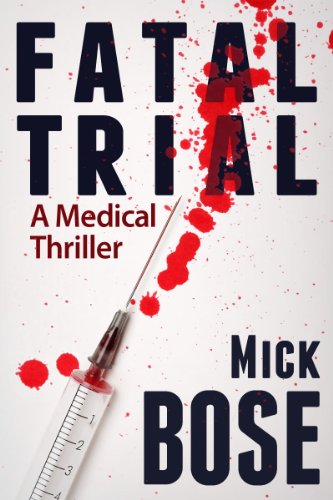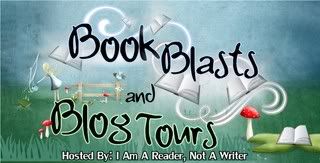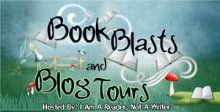What is your favourite quote, by whom, and why? Seen on the wall of an Army soldier`s room, bound for Afghanistan: “If you are not living life on the edge, then you are taking up too much room.” Quite self-explanatory, really.
What are you most proud of accomplishing so far in your life? That is a difficult one. If I had to point to any one, it would be having the children. I have two little girls, and as I grew up in a household where my mother was the only woman, I cherish the company of my children. Which is one of the reasons I only write at night, while they sleep.
How has your upbringing influenced your writing? Again, an interesting question. I guess any writer`s life will influence his writing. As a youngster, reading allowed me to escape. I have travelled quite a bit, which gives me a flair for the adventurous life. Hence I love reading about adventures, thrillers and mysteries. As my father wrote literary fiction, I got into that in a big way too. I began writing poetry in my late teens and carried on in my twenties. But I never forgot the Alistair Maclean and Robert Ludlum`s that I read breathlessly as a teenager.
There was an urgency about being in danger, about fighting to break free from it, that I totally got. That was just me, and the literary fiction I read gave the whole thing more colour and reality. For example, I absolutely loved Jack Kerouac`s writing. He used the English language in a swashbuckling, completely novel way. No pun intended there. The entire Beat Generation movement, in my opinion, changed the way we perceive a lot of western literature. True, the beatniks became a cliché and the hippies who followed got faddish, quickly. But the love of experimentation that Kerouac, Ginsberg, Burroughs had was dynamic and exciting. I recognised an adventurous spirit in them that I identified with.
When and why did you begin writing? There was always that family thing. If you grow up watching your Dad write, and you love reading books, you can guess what might happen next. But the truth is, I wrote a lot to begin with without having any idea what I wanted to write about. I would write short stories about breaking up, loss and sorrow. Looking back now, I was just hungry to get words on paper. But soon, not having a plot and storyline began to weigh on me. If you don’t know where you are going, how will you complete your journey? I got frustrated trying to write literary fiction after a while. Don’t get me wrong, I still read poetry and writers like Jonathan Franzen and love it. But I like a page turner with a tight plot much more. Guess I always have.
What do you consider the most challenging about writing a novel? When it comes to writing a novel its best to have a system I think. Broadly speaking, there are two divisions in writing a novel.
a) The writing itself
b) Coming up with the plot, character, storyline, chapter outline.
For me, B) is harder than A). A is harder work – physically and mentally. But B is purely intellectual and it needs time, space and isolation in order to perfect. One will influence the other. But having a chapter outline is absolutely crucial, in my view, even if it changes later on. There are specific issues about characterisations and plotting that need more elaboration. In short, the main characters must have enough at stake to make their story emotionally resonate with the reader. Then they have to go through a process of change to resolve the central conflict in the story. Conflict again, is what makes the story more interesting. This is all part of B), but its amazing how much actually changes while writing the damn thing! For me personally. B) is more important than A), as quiet reflection on whether I have written a good story is where I used to mess up before.

Buy Now @ Amazon
Genre – Medical Thriller
Rating – PG
More details about the book
Connect with Mick Bose on Twitter
a Rafflecopter giveaway



















 Do you intend to make writing a career? As long as I’ve got ideas in my head that I can put on paper I’ll keep writing.
Do you intend to make writing a career? As long as I’ve got ideas in my head that I can put on paper I’ll keep writing. 



















